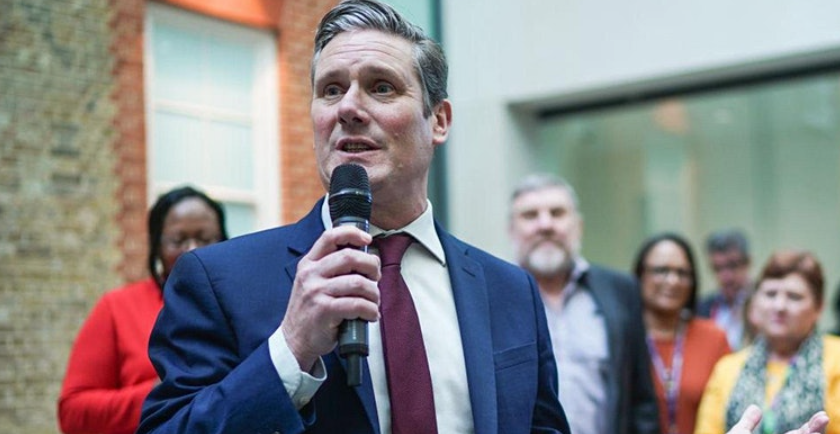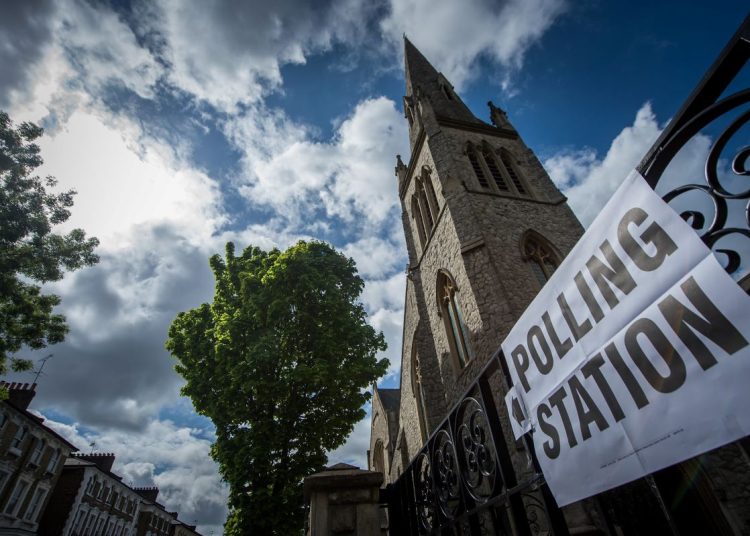
A place in the sun no longer: the dreams broken by Brexit
Second home ownership and retirement to the continent, once within reach of ordinary citizens, is now the preserve of the wealthy, writes Bremain Chair Sue Wilson MBE for Yorkshire Bylines.
Last week, the government published the results of the English Housing Survey (EHS) showing that second home owners are turning their backs on Europe. The proportion of second home owners buying in Europe versus the UK, was more or less a 50/50 split a decade ago. But since Brexit, the percentage of second home buyers (and first home buyers) has continued to decline, with less than 30% of purchases now being in Europe.
Whilst there may be some benefits to UK estate agents, the impact on prices in (mostly southern) tourist areas will likely price locals out of the housing market and turn coastal resorts into ghost towns in the winter months. Meanwhile, those who dreamed of a second home in Spain or France, perhaps even with a view of eventually retiring abroad, have seen another dream stolen by Brexit, another opportunity snatched away, another benefit unceremoniously removed.
According to the EHS, in 2021/2022, over two million British-based householders were reported to own at least one property. Most of these properties were rented out in the private sector, but around a third of them were being used as a second home, the most common reasons for purchase being for use as a holiday home (45%) or as a long-term investment (35%).
Brexit. The gift that keeps on taking. 33,000 British people give up their French second home and 23,000 give up second homes in other EU countries. Back to an island nation. pic.twitter.com/aXlIzmD1Dv
— Paul Lewis (@paullewismoney) July 22, 2023
The continental retirement dream: a thing of the past
For ten years, I was a second home owner myself, with properties in Spain and England. My husband and I had been holidaying in Spain for decades and shared a dream common to many Brits of retiring to Spain. Like many a British tourist, we had often stopped outside a Spanish estate agent and marvelled at the affordability and appeal of property in Spain, in comparison to the UK.
Eighteen years ago, we started looking in earnest for a cheap holiday home. Like many who led the way before us, the only way to afford two homes was to sell the one we had, downsize, and buy two smaller properties for the price of one. It was a sacrifice we were prepared (and able) to make in order to live life differently.
As we bought ‘off plan’ – i.e., a hole in the ground waiting to be developed – we waited two years for our holiday home to be built. In that time, we started asking ourselves some very serious questions about which of our two small homes should be the one we would live in, and which we would rent out. In the end, it was not a difficult decision. We chose to pack our bags and change our lives. It’s a decision we have never regretted; an opportunity now sadly denied to so many.
Of course, post-Brexit, Brits will still buy property in Europe. But their ability to do so is now severely restricted to those with more significant means. Post-Brexit rules – those that apply to all third-country nationals like us – mean that many no longer meet the eligibility requirements of countries like Spain.
Now retired, my husband and I are reliant on a pittance of a UK state pension, one of the worst in the world, even according to the government’s own report. That income falls way short of the 2,400 Euros per month required in order to apply for Spanish residency, let alone having money in the bank and health insurance.
UK cost of living prohibitive for many retirees
It is a long-held, and inaccurate, stereotype that Brits living in Spain, France, or other parts of the EU – whether with one home or two – are all wealthy. Many, like myself and my husband, were attracted to Spain not just by the weather and culture, but by the ability to improve the standard and quality of our lives.
We live a healthier, and considerably cheaper lifestyle, in a home (now our sole property) and location we could never dream of affording in the UK. Even if we wanted to return to the UK, we could never afford to do so. The cost of living, and certainly the cost of property, would prevent us from ever realising that option.
Meanwhile, EU citizens from Belgium, the Netherlands and Scandinavia are snapping up the homes (first and second) of Brits selling up in Spain because the loss of their freedom of movement rights means they can no longer enjoy the freedoms of EU citizenship. British citizens are losing out to Europeans, thanks again to Brexit, and in spite of the Leavers’ promises that nothing would change for Brits abroad (I’m looking at you, Michael Gove).
Remember when Michael Gove promised Britons with EU homes would be unaffected by brexit?
Well #BrexitReality has sunk in even for the daily depress#BrexitHasFailed #ToryBrexitDisaster https://t.co/9wtCNOFeYy
— European Unity #FBPE 🇪🇺🇺🇦#Johnson’sOut #Rejoin (@EuropeanUnity1) July 22, 2023
Holding out for a second chance
It would be so easy for me to sit back, enjoy the life I have made in Spain, and turn my back on the country that has stolen so much from me, both financially and emotionally. I have a life in Spain that I love, a home I adore, and I’m eternally grateful that we moved when we did, while it was still an option. But I can’t sit back and watch the opportunities and benefits that I have enjoyed be denied from so many others, especially the younger generation.
A second home is not an option for everyone, but a second chance has to be. So, while we wait impatiently for the politicians to catch up with public opinion on Brexit, let’s take every first, second and third chance we get to state the bleeding obvious. Brexit is damaging our economy, our culture, our opportunities and our lives. Enough already!












